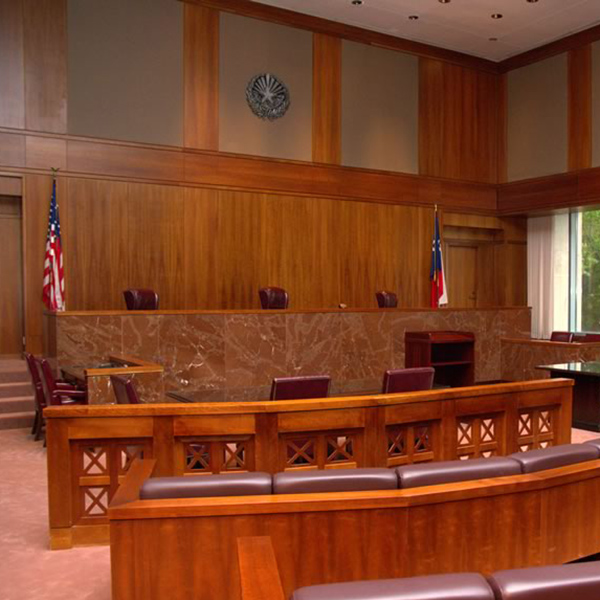
Washington’s second cap-and-trade auction netted the state more than $557 million in revenue after bidders bought all 11.035 million carbon allowances on offer last week, preliminary figures show.
The May 31 auction administered by the state’s Department of Ecology cleared 8.585 million vintage 2023 allowances at a settlement price of $56.10, compared with $48.50 for first auction in February. Both auctions had a floor price of $22.20.
Prices for Washington carbon allowances continue to outpace those in the Western Climate Initiative program that includes California and Quebec, where an allowance currently trades for about $30. In both programs, a single allowance entitles its holder to emit one ton of greenhouse gasses.
“Today’s results from Washington’s second cap-and-invest auction — most notably selling 100% of allowances — continue to signal strong demand for allowances and confidence in the program, bringing significant revenue for the state to reinvest in Washington communities,” Environmental Defense Fund (EDF) analyst Caroline Jones said in a blog post.
The clearing price from last week’s auction exceeded the $51.90 soft cap that triggers use of the cap-and-trade program’s Allowance Price Containment Reserve (APCR), a mechanism designed to rein in the market when allowance prices reach a level considered overly burdensome for emitters.
As a result, the state will hold a special secondary APCR auction on Aug. 9, which carbon market analysis firm cCarbon said could release as many as 9 million additional allowances.
“Critically, these allowances available at the reserve auction are still a part of the overall allowance budget set by Ecology to keep Washington on track to meet its climate targets,” Jones said. “Even though triggering the APCR means that some more allowances are made available at auction, these allowances were budgeted out ahead of time for this exact purpose and do not put Washington over its planned emissions budget.”
The Ecology Department will hold a call June 9 to discuss details of the APCR auction.
Raised Eyebrows
Last week’s auction also included an advance sale of 2.45 million vintage 2026 allowances, which settled at $31.12. The price differential between the two vintages “raises eyebrows,” cCarbon said.
“The price discrepancy between the current and advanced auction is puzzling since both the V2026 and current allowances can be used for compliance at the end of the first compliance period,” cCarbon said. The company speculated that compliance entities — those that need to cover their physical emissions — “are scrambling to purchase allowances and build an internal bank, fearing a substantial rise in the price” in future auctions.
Fifty-four companies, utilities and public institutions bid into last week’s auction, down slightly from 56 participants in the previous one, according to the Ecology Department’s auction summary, which does not disclose the identities of successful bidders.
Compliance entities accounted for the lion’s share of both vintage 2023 (89.88%) and 2026 (73.55%) purchases, with financial entities making up the balance, the summary showed.
This was the state’s second quarterly auction since the cap-and-trade law went into effect in January.
The first auction on Feb. 28 sold all 6,185,222 allowances at $48.50 each to raise almost $300 million for the state’s coffers. In April, the state legislature divided that $300 million into 188 appropriations for solar panel farms, climate planning, pumped storage projects, developing a hydrogen industry, installing solar panels on buildings, constructing infrastructure for electric vehicles, developing hybrids fuel/electric ferries, and tackling other projects.
Revenue from the second auction will be appropriated in the state legislature’s spring 2024 session, which will allocate money from auctions in August and November, plus February 2024. In January, the Ecology Department estimated that the auctions would raise $484 million for fiscal 2023 (July 1, 2023, to June 30, 2024,) and $957 million in fiscal 2024.
The state is on its way to exceed its preliminary estimates.
The Ecology Department will issue a report on Jun. 28 confirming the final figures for the most recent auction.


